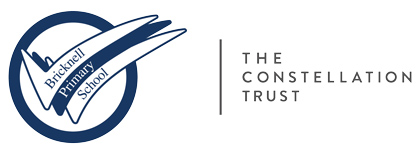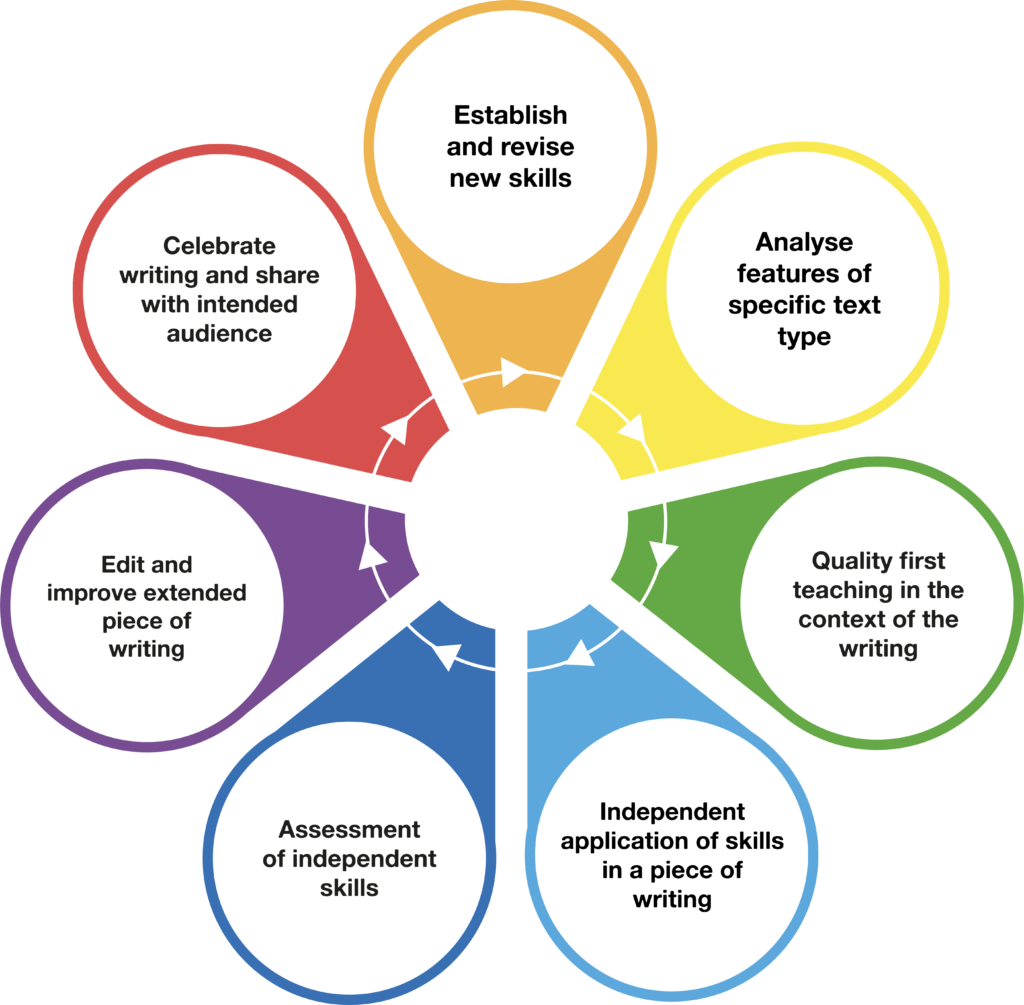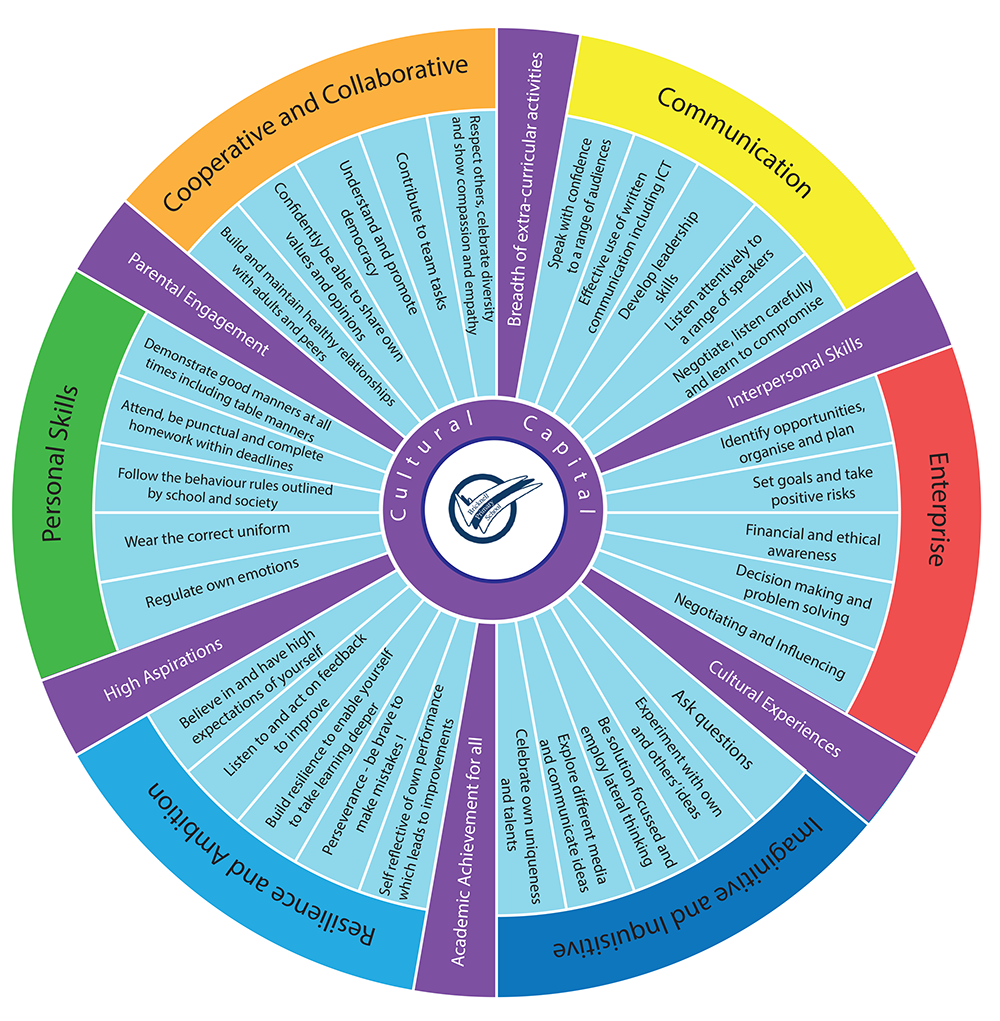

Aspiration
Knowledge
Achievement
Writing – curriculum information
Intent:
Writing has an important place in education and in society. It is an essential skill and the ability to write with confidence and accuracy is a tool which will support a child through life. It is our intent that our children understand the social functions of writing in order to use different genres of writing appropriately by considering its purpose and matching it to its audience. Furthermore, it is our intent that every child develops a progressive understanding of grammatical conventions, the way in which punctuation aids understanding and how to apply spelling rules. It is also our intent that all children have a joined, legible and increasingly efficient handwriting style. Through our teaching of writing, we intend to impart pupils with the knowledge, understanding and skills they need in order to reach their potential as individuals
At Bricknell Primary School, the teaching of writing within the English curriculum has been carefully considered to enable our pupils to become confident and creative writers. Our highly skilled subject leaders have carefully worked to create a Progressive Skills Document where objectives for each year group are progressively mapped out to ensure our pupils are given the acquired skills and knowledge the further their education journey into KS3. The PSHE Progressive Skills document is fully compliant with the National Curriculum.
Our aim is to provide inclusive and aspirational environments and learning experiences where pupils thrive and build the cultural capital they need to make aspirational choices about their own futures, overcoming any barriers. In order to achieve this, our curriculum is underpinned by the principles highlighted in our Aspiration Curriculum.
Bricknell Aspiration Curriculum
Please click the image to enlarge
Within the Writing Progressive Skills Document, our progressive objectives identify what pupils should know by the end of each year group and link to prior learning. These enable teachers to identify and plug gaps in pupil’s knowledge and skills. Within each subject, pupils will develop a deep understanding of key concepts and second order concepts. These key concepts have been carefully considered and identified as the core knowledge and skills required to successfully achieve in all areas of the curriculum. The Key concepts are revisited and developed as the pupils move through the school to ensure the knowledge, skills, behaviours and attitudes are firmly embedded within the long-term memory. These key concepts compliment work carried out across the school in line with Aspiration Curriculum. The expectation is that, by the end of primary school, children will know and understand these key concepts and have the writing skills to be socially and emotionally equipped to enter KS3.
In addition to first order concepts, the subject leader has identified subject specific second order concepts. These can be used across all aspects of English to organise the substantive knowledge and skills which are taught.
Key concepts:
These are explored through different text types appropriate to the age and ability of the child.
Composition – Children are taught the structure of different types of text.
Transcription – Children are taught to write legibly and with increasingly accurate spelling.
Second Order Concepts
Within writing sessions, children are taught a range of skills in order for them to develop as confident writers.
Planning – Looking at real texts, children are taught different features of types of text and how to plan both orally and written.
Structure – Children are taught to write cohesively within a range of texts.
Vocabulary – Using awareness of the reader, children are taught to use a range of adventurous language.
Grammar – Children are taught to construct sentences which are grammatically correct.
Punctuation – Children are taught to use accurate and increasingly higher level punctuation including punctuation to create specific effect.
Spelling – In accordance with their age and ability, children are taught different spelling strategies to improve their writing.
Handwriting – Children are taught to form letters correctly according to the school handwriting policy.
Writing is taught on a daily basis through a structured writing sequence. In daily writing sessions, children are taught different skills with an aim to develop a child who writes with accuracy, confidence and increasing creativity.
In Writing, by the end of EYFS children will:
Be able to write recognisable letters, most of which are correctly formed. They will be able to spell words by identifying sounds in them and representing the sounds with a letter or letters. It is expected that they will also write simple phrases and sentences that can be read by others. Children will show good control and co-ordination in their small movements. They will handle equipment and tools effectively, including pencils for writing.
By the end of Key Stage 1 children will:
Be able to write narratives, both real and fictional. Children will write using past and present tense mostly correctly and consistently. Children will demarcate sentences using capital letters, full stops and question marks most accurately. Children will spell most common exception words correctly. Handwriting will show consistency in letter sizing.
By the end of Key Stage 2 children will:
Be able to write for a range of purposes and audiences showing increasing manipulation of sentence structures. Children will be able to use a range of devices to build cohesion within and across paragraphs. They will select and use grammatical structures that reflect what the writing requires. They will use a range of punctuation and maintain tense throughout a piece of writing. Children will spell most words correctly or will be able to use resources quickly and efficiently in order to support spelling. Handwriting will be consistently joined in line with the school policy.
Any child working below their age-related expectation will receive a tailored curriculum with personalised objectives taken from the Curriculum Assessment Toolkit. This will enable all children to build the skills and knowledge needed to bridge the gap between themselves and their peers enabling them to reach their full potential.
Implementation:
At Bricknell Primary School, our curriculum is carefully mapped out into a long-term plan by our highly skilled subject coordinators. This enables links between subjects to be identified and carefully planned for to support pupil’s retention of knowledge and skills.
Early writing and phonics are taught following the Read Write Inc phonic programme. Units of writing are carefully planned and taught using a structured writing sequence which contains key elements of grammar, punctuation and spelling appropriate to the year group. Throughout the teaching sequence, the children are given the opportunity to analyse high quality writing examples of a particular text type, practise different writing skills and they complete the unit with an independent piece of writing specific to a text type.
Throughout the unit, teachers and support staff also look where children need extra assistance and offer swift intervention sessions to provide the children with the skills to produce high quality writing.
Children who are taught following the writing sequence will follow the teaching sequence outlined below:

Impact:
A wide range of strategies are used to measure the impact of our Writing curriculum. The impact of learning is measured through formative and summative assessment. Children are assessed against key performance indicators at the end of each teaching sequence. These are kept in the front of each child’s English book and easily visible to both children and teachers. English books are scrutinised by the English team on a termly basis in order to assess strengths and weaknesses in specific teaching sequences. Teacher assessments in writing are submitted on a termly basis and children who are not achieving in line with expectations are given further intervention sessions in order to address any misconceptions and to allow children to progress with their learning. Teachers from across the Constellation trust meet on a termly basis in order to moderate writing and to ensure that judgements are accurate and fair. These meetings are attended by moderators who have undergone training with the STA and work as moderatorsacross the city.
Our subject leaders will also monitor the effectiveness of the Writing curriculum through carrying out regular subject 360 evaluations. These evaluations are quality assured by the senior leadership and governors.
The effectiveness of the Writing curriculum is also monitored through pupil and parental voice throughout the course of the year.
Further information:
NSS have had so much fun developing their mark making skills. The children have enjoyed making marks in foam, twisting screws, cotton bud painting and practising their pencil control. This is preparing the children for more formal writing in the future ✏️. #BPSEYFS #BPSWriting
1JP were very excited to welcome some special visitors into school today. They have inspired us to write some amazing alliterative poetry about spring! 🐥#BPSWriting
2HS have started their final writing topic of the Spring Term - an information text about endangered animals. All children were hard at work researching their habitat, the animals that live there and why they are endangered. #BPSWriting #BPSAspirationCurriculum
These children in Reception have enjoyed the activities in the Literacy classroom this week! #BPSReading #BPSWriting #BPSEYFS
Nursery have done a fabulous job of practising their pencil grip and pre writing patterns. Well done everyone 😁. #BPSEYFS #BPSWriting
Nursery have been developing their physical skills outside. We have made patterns in moon dust, bashed moon rocks and covered bikes in foil to make moon buggies. These activities have helped to strengthen our muscles in preparation for writing in the future. #BPSEYFS #BPSWriting
‘Thank you so much to all of the members of staff; our child is extremely happy here and we are very grateful.’
‘Positive environment and appropriate challenge for development, excellent.’
‘Very happy with my child’s start to year 5.’
‘Thank you for helping us with her worries and for the support.’
‘I am delighted with how happy she is at school. Her skills are clearly progressing and she is extremely well supported. Her teacher clearly knows her very well.’
‘My son is extremely happy in all aspects of school. Fantastic teacher and an excellent education. ‘
‘She is enjoying school a lot. She is challenged appropriately and not over-loaded with homework. She speaks positively about her time at the school and her teacher.’
‘We couldn’t be happier with the care and education my child has received so far.’
‘We are very happy with Bricknell as a whole. He is becoming more confident and is well supported. Thank you to all of the teachers.’
‘I cannot fault the school or staff. Everyone is very supportive.’
‘She is very happy at school and I only hear positive things. Many thanks to all the teaching staff.’
‘Any concerns raised have been dealt with swiftly.’



